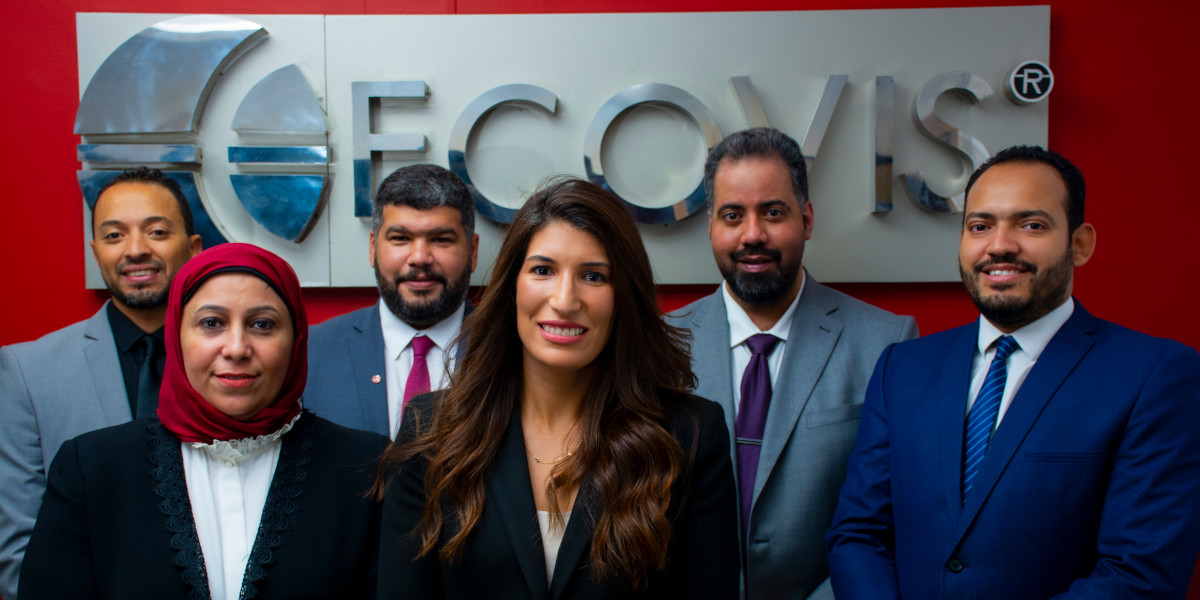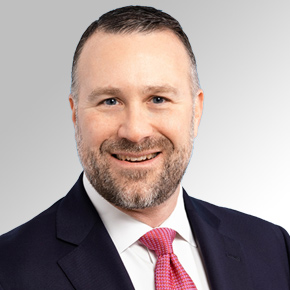
ECOVIS Elkadeem & Co.
Tax advisors, accountants, auditors in Cairo
About us
ECOVIS ElKadeem & Co. is one of the leading providers of professional services & business advisory in Egypt. It provides services & consultancy in the areas of audit, accounting & tax in the different business fields to assist organizations to outperform in the challenging market place. Our team is our utmost asset and thus they are meticulously selected to meet the challenge of a dynamic business environment.











